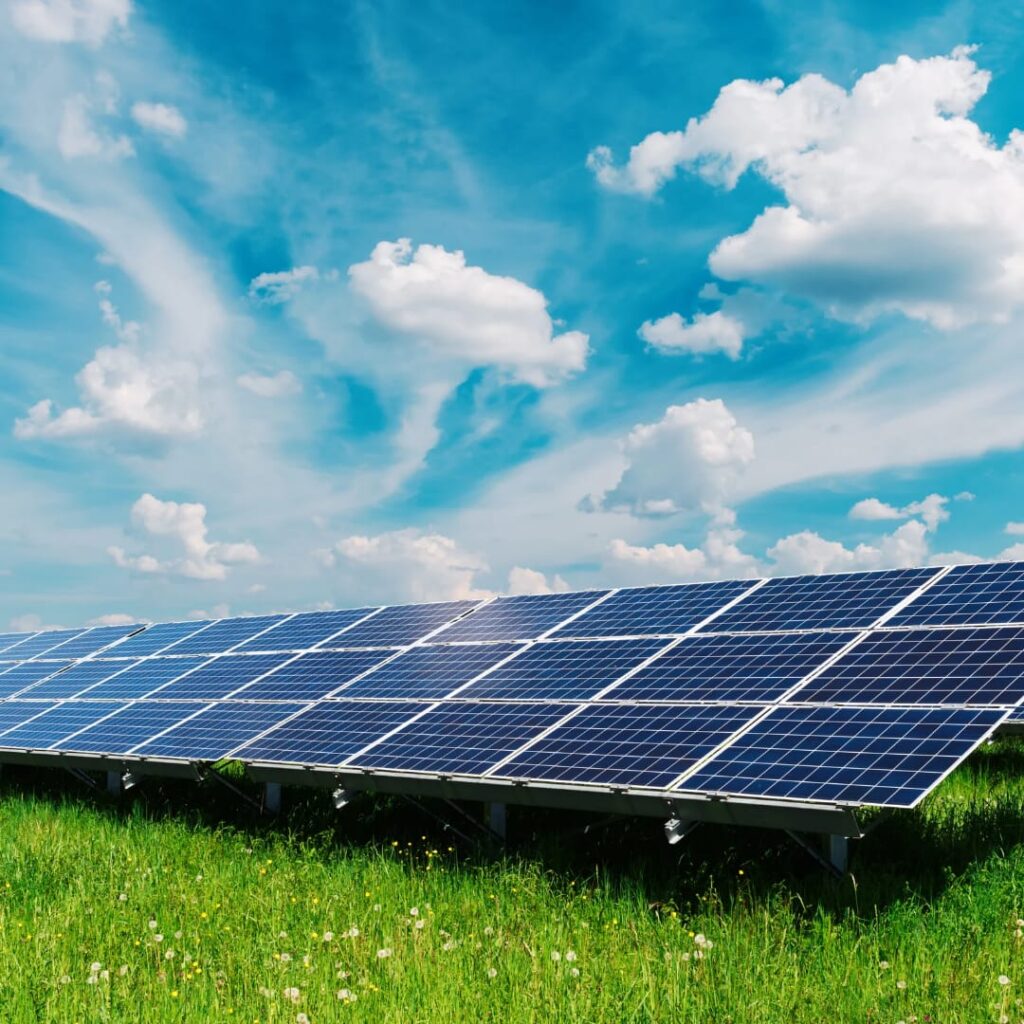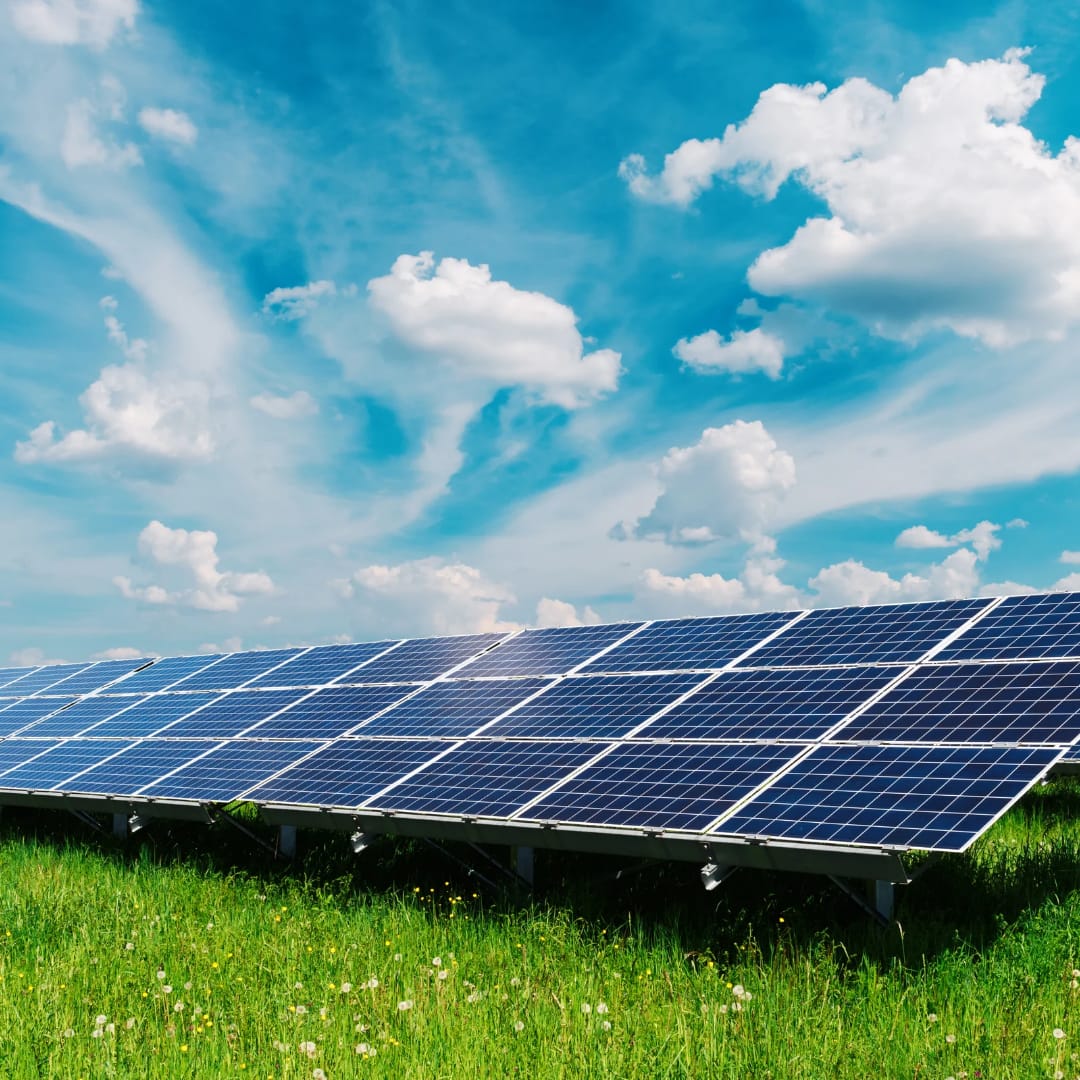Solar Power Plants: Harnessing the Power of the Sun
Solar power plants, or PV systems, are the new generation of power plants in the world. These are solar panels, which are renewable sources of power. They help solve the current challenge of scarce sources of power since they convert solar power into electrical power. It is now the right time to talk about factors like the use of solar panels and the benefits that come with them.
Advantages of solar panels
Photovoltaic Cells: The core of any solar panel is photovoltaic cells, which are made from silicon. These cells collect the sunlight and create an electrical charge that produces a flow of electricity. Inverters: Photovoltaic cells generate direct current (DC) power, which has to be converted to the more common alternating current (AC). Inverters do this important task.

Mounting Systems: They can be fitted on rooftops, on the ground, or on structures like carports and parking lots. These mounting systems ensure that the structures get the best exposure to sunlight. Battery Storage: Some solar panel systems have batteries to store power in excess of what is required during cloudy days or at night.
Uses of Solar Power Plants
Residential Power: For instance, solar panels can be put into use for the generation of electricity within homes; hence, the residents do not have to depend much on the grid and are therefore able to save a lot on electricity bills.
Commercial Applications: Large industrial facilities have been putting solar panels into use in their operations, thus cutting costs and the impacts on the environment.
Remote Power: For homes, schools, and medical facilities that are far from the grid, the use of solar panels as a source of electricity is the best solution.
Also Read – The Most Expensive wedding In the world in 2024…
Agricultural Uses: They rely on solar panels to pump water for irrigation, power fences, and other farming equipment, thus encouraging green farming.
Benefits of Solar Panels
Renewable Energy Source: Solar panels collect energy from sunlight, which is a renewable and non-depleting resource. Environmental Impact: Mainly, the use of solar panels cuts down on the utilization of fossil energy sources and consequently mitigates climate change. Cost Savings: While the costs associated with installing solar panels can be high, the electrical expenses that are saved in the long run can be substantial.
Energy Independence: Solar panels allow users to be shielded from the volatility of energy prices and supply.
Conclusion
Solar panels are one of the most useful tools in the fight against non-renewable energy sources. They are clean, renewable, and relatively cheaper sources of electricity since they rely on sunlight to generate electricity in homes, offices, and even remote regions. It is for this reason that as technology evolves and the cost of solar panels drops, the use of solar panels will increase, meaning a brighter future.


Comments are closed.